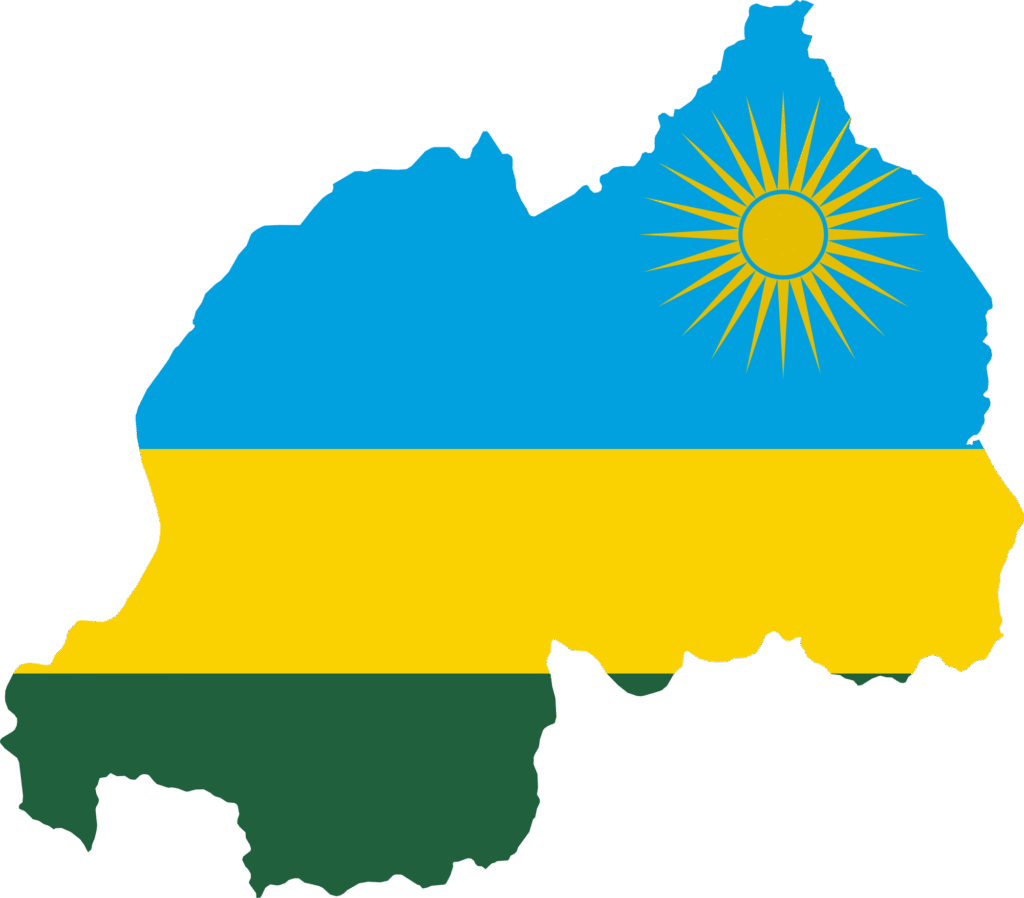Rwanda’s first medical marijuana production facility is 83% complete and poised to be one of the region’s most tightly regulated export-focused operations.

Overseen by the Rwanda Development Board (RDB) in partnership with King Kong Organics (KKOG), the project is part of a state-sanctioned effort to produce cannabis oils exclusively for foreign markets.
Located in the Musanze District, the facility has already consumed over Rwf1 billion of the Rwf2.2 billion allocated for the current fiscal year. Final construction work includes installing dual-layered security fencing to meet international standards.
Although domestic use remains illegal and punishable by up to two years in prison, Rwanda is embracing a dual strategy: banning local consumption while allowing cultivation for export. With 134 hectares designated for marijuana cultivation, the country expects yields of 5,000 kilograms per hectare. Target markets include Europe, North America, and parts of Asia.
KKOG has invested millions in equipment and infrastructure, while the government contributed millions more to improve access roads and utilities.
In contrast, regional neighbors like Uganda and Kenya have stalled progress due to unclear laws and conflicting government policies. Rwanda, by contrast, has implemented full oversight across the value chain—from cultivation to export—under international pharmaceutical standards.
While the country won’t allow cannabis-derived medicines to be sold domestically, officials say the foreign exchange from exports could boost healthcare funding and create high-tech agricultural jobs.







